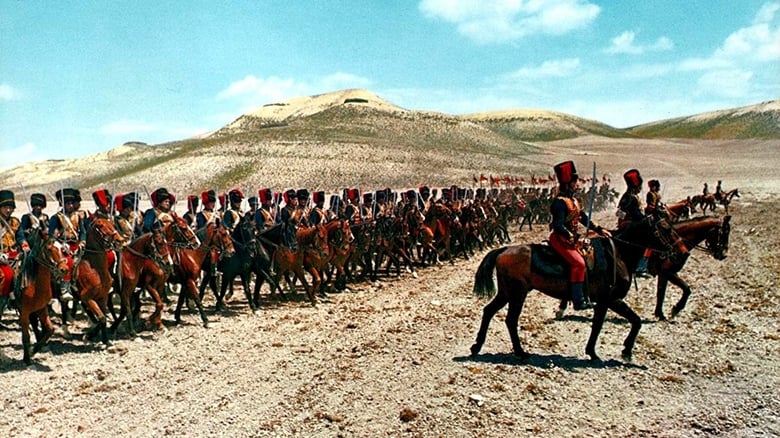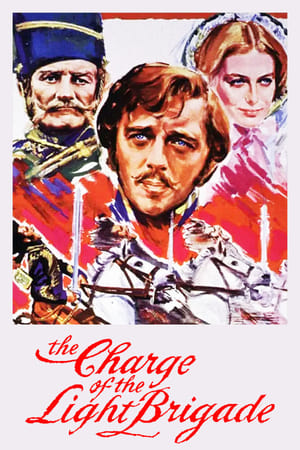
The Charge of the Light Brigade (1968)
2h 19m | PG-13
During the Crimean War between Britain and Russia in the 1850s, a British cavalry division, led by the overbearing Lord Cardigan, engages in an infamously reckless strategic debacle against a Russian artillery battery.
Director: Tony Richardson
Studio: Woodfall Film Productions
Genre: Drama, History, War
Video: 720p
Cast
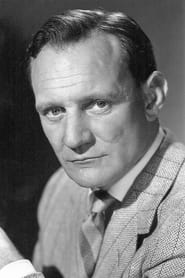
Trevor Howard
as Lord Cardigan
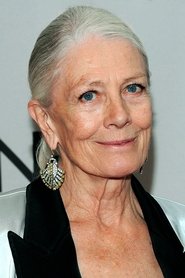
Vanessa Redgrave
as Mrs Clarissa Morris

John Gielgud
as Lord Raglan
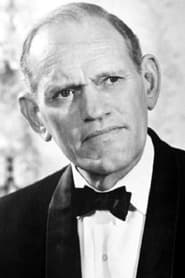
Harry Andrews
as Lord Lucan

Jill Bennett
as Mrs. Fanny Duberly
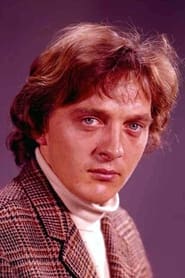
David Hemmings
as Capt. Louis Edward Nolan
Reviews
If you’re looking for Errol Flynn and David Niven here, then you’ll be disappointed. Unlike the Hollywood version of the story from 1936, this one focuses far more on a critique on the command and control structures in the British Army at the start of the Crimean War. It’s principle target is Lord Cardigan (Trevor Howard) who is portrayed as an arrogant and frequently drunken sot without the skills to command himself much less others and one reeking with upper-class entitlement. Unfortunately for the young “Capt. Nolan” (David Hemmings), he manages to upset his commanding general and with a dishonourable discharge looming is praying for some sort of intervention. Rather drastically, that comes in the form of the war into which he is to be despatched. Under the overall command of Lord Raglan (Sir John Gielgud) the cavalry are to be led by Lord Lucan (Harry Andrews) with Cardigan in charge of the Light Cavalry. The Russians are entrenched above the vital port of Sebastopol and so with battle lines drawn, a perilous game of chess now ensues. That game is played with astonishing foolhardiness and bloody-mindedness by a group of men whose rank in society (an Earldom was usually most useful) dictated their qualifications to order the lives of thousands of private soldiers who were at best treated with disdain, at worst - well floggings were just one of the weapons available to these autocratic idiots. I suppose my difficulty with this was that once it had made it’s point - in no small measure thanks to an enthusiastic Howard - it proceeded to labour it, time and time again, to the point where it became a little bit sterile and preposterous. Could they really have been that ridiculous and inept? All of them? There is a bit of bawdy comedy now and again and that language of the gutter was not limited to those of street-rank, and that’s also the source of some of the more entertaining banter as it’s clear Lucan and Cardigan would cheerfully have slaughtered each other rather than their foes. It looks great and much effort has gone into keeping the costumes and locations authentic looking, but at well over two hours long and the vast majority of that reinforcing the politically established preamble, I struggled to remain engaged until the sharp end. Unfortunately, it’s not as if we don’t know what happens at the conclusion even if we’re not so up on our Tennyson.
